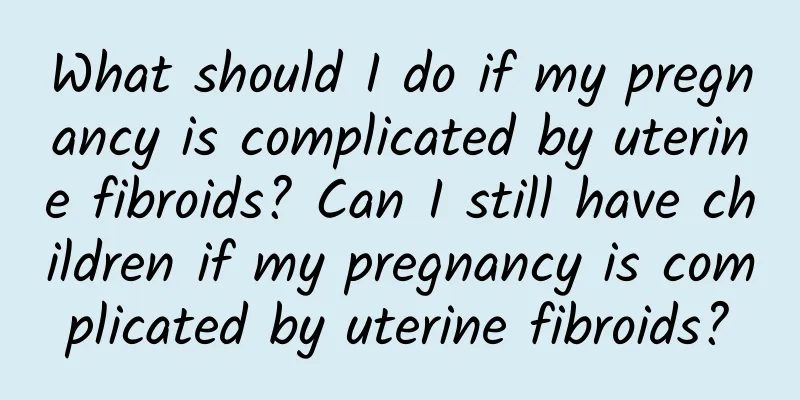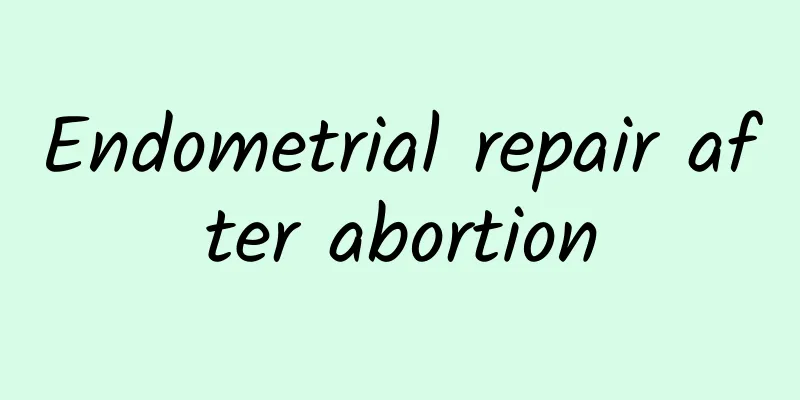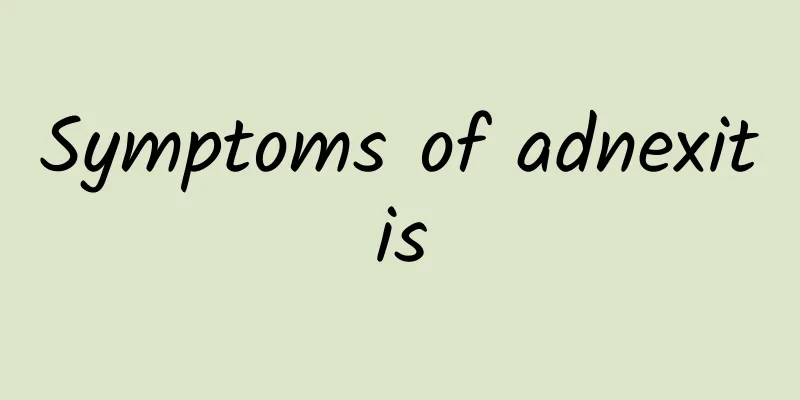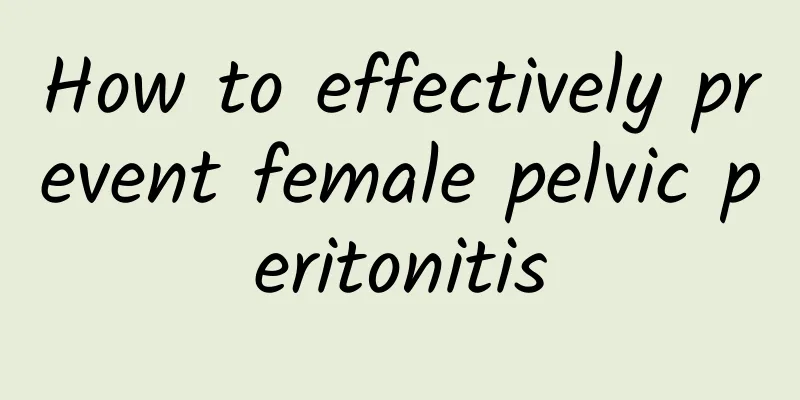What should be paid attention to in treating pelvic inflammatory disease
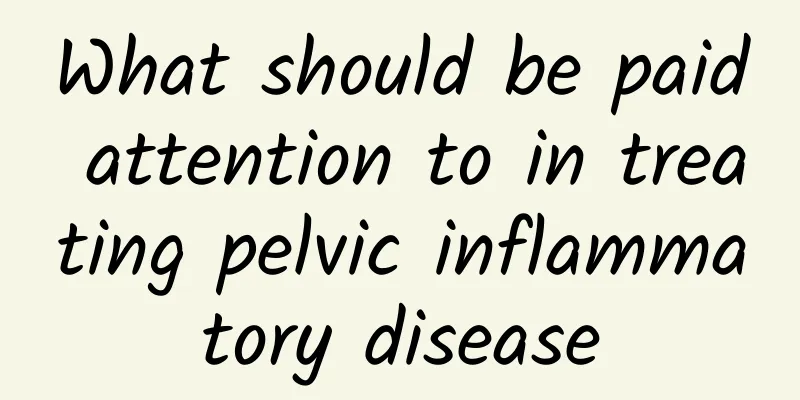
|
What should I pay attention to when treating pelvic inflammatory disease? 1. Don’t take medication on your own: If you suffer from pelvic inflammatory disease, don't fall into the treatment misunderstanding of gynecological infectious diseases. Not only will the wrong medicine not help the condition, but it will also delay the treatment opportunity and turn a minor illness into a major one; or it will control the surface symptoms but cover up the real condition. 2. Clean appropriately: Contact with items that carry germs, or not paying attention to cleanliness, can lead to pelvic inflammatory disease. Some women often wash their vaginas by themselves, or like to take long baths, which gives germs an opportunity to take advantage. Under normal circumstances, secretions make the vagina have self-cleaning and defense functions, but excessive washing changes the pH of the vagina, which makes it easier for germs to reproduce. 3. Persistence is the key to treatment: The best way to treat pelvic inflammatory disease is to go to the hospital immediately to seek professional treatment. In addition, doctors and patients must cooperate closely. Patients should choose regular hospitals and professional doctors to treat them carefully. Professional doctors will adopt different treatment methods for patients of different ages and different symptoms. Patients should pay attention to the disease and treatment. They must not relax when the condition improves. They must follow the doctor's plan for treatment and never give up halfway. 4. Pay attention to personal hygiene: Strengthen personal hygiene during menstruation, after childbirth, and after miscarriage, change underwear and sanitary napkins frequently, avoid colds, and avoid overwork. 5. Eat more light food: The diet should be light. Eat more nutritious foods such as eggs, tofu, red beans, spinach, etc. Avoid eating raw, cold and irritating foods. 6. Avoid sexual intercourse during menstruation: Avoid sexual intercourse during treatment to avoid infection. Keep the pad clean and hygienic, and it is best to use disinfected toilet paper. |
<<: Ovarian cyst pain symptoms
>>: How to care after adenomyosis surgery
Recommend
Common dietary treatment measures for patients with pelvic inflammatory disease
If pelvic inflammatory disease is not treated in ...
Can I drink He Xiang Zheng Qi Liquid if I have constipation 24 days after ectopic pregnancy surgery?
If you suffer from constipation 24 days after ect...
How should women with cervical erosion be treated? 7 best treatments for cervical erosion
Currently, more and more women are suffering from...
Will cervical warts affect future pregnancy?
Pregnancy is a great joy. The safety of mother an...
How much does it cost to treat chronic cervicitis in a hospital? Three aspects affect the cost of cervicitis treatment
The cost of treating chronic cervicitis is high, ...
When is the best time for abortion?
Generally speaking, if it is determined that it i...
Symptoms of fungal infection: If these abnormalities occur in the body, pay attention to fungal infection
Fungal infection is an infectious disease. This d...
This is a great idea! Eat with your left hand to control your food intake and lose weight successfully
Who doesn’t know that losing weight means eating ...
Why is there always a little menstrual period?
Why is there always a little menstrual period? If...
One person suffers a stroke every 10 minutes! Nutritionist Lin Shihang: 4 dietary tips to avoid the threat of stroke
The arrival of low temperatures and cold fronts i...
Can Pilates help you lose weight? One table shows the difference with yoga! 5 key movements to achieve the best results in Pilates
If you want to sculpt your body and strengthen yo...
Women should pay more attention to the common symptoms of chronic cervicitis
Cervicitis is a common disease among women of chi...
3 key points of leg exercises to reduce 5cm in one week
(Author: Lian Shui Hua Yin) The three-point leg p...
Will women with cervical erosion bleed? What are the symptoms of cervical erosion in women?
There is no problem with mild cervical erosion, b...
Yam not only lowers blood sugar and blood pressure, but also helps burn fat and lose weight! How to eat yam to get the best effect?
Yam is one of the essential ingredients in home c...
